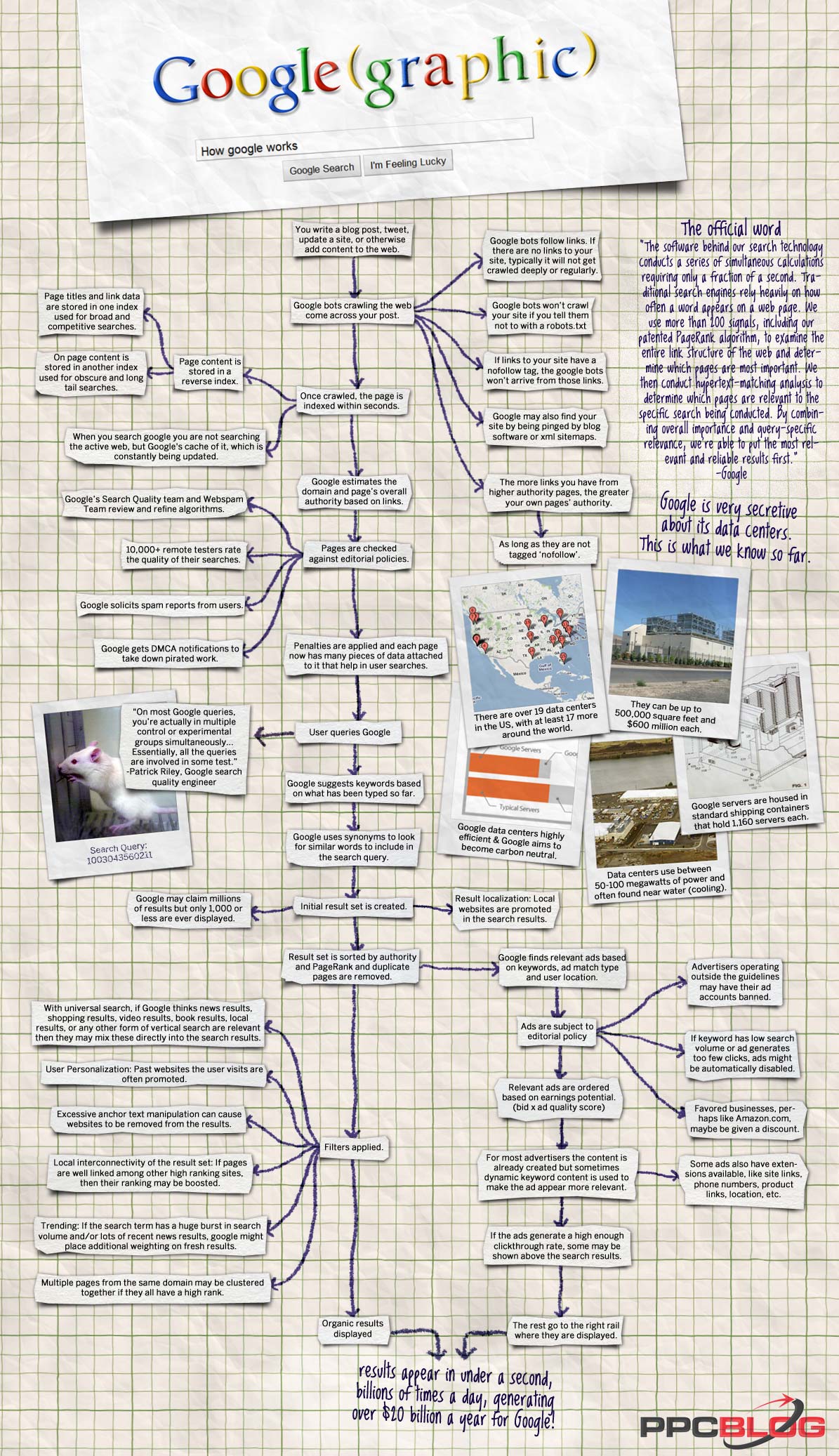Via BoingBoing comes the story of a creepy man secretly filming women in a Starbucks restroom.
A 25-year-old man hid a video camera disguised as a plastic coat hook inside the women’s restroom of a Starbucks in Glendora, CA, and secretly recorded more than 40 women and children using the toilet over two days. The man “downloaded the device about every hour to his laptop computer while sitting in his car,” according to police. (LA Times)
Most of us would be in agreement that the actions of the man are creepy. But what I find interesting is the point that nowhere in the original story (LA Times) is the manufacturers responsibility discussed. What moral responsibility does a manufacturer/designer have for a camera, disguised as a plastic coat hook, that can be affixed to a wall?
The coat hook is – in this context – an almost a reasonable product. There is a whole range of hidden bathroom camera devices on the market. How about the toothbrush camera, toilet brush camera, shower radio camera, bathroom light camera, toothpaste camera, hair clipper camera, soap dish camera, shower mirror camera, shampoo bottle camera… (all from the same manufacturer)
There may be certain situations where invading someones privacy with the help of covert surveillance cameras is legitimate – maybe even necessary. But the mass market for goods to cover these situations is hard to envision. It is even more difficult for me to understand when it could be a legitimate need to covertly film people in the bathroom. And yet there are mass market cheap goods that cover this particular situation.
So when the creepy 25-year-old uses these products – he is being creepy. But when would the use of this stuff not be creepy?
Does the fact that these products exist and are easy to buy promote and encourage creepy behavior?

 and the updates will be irrelevant.
and the updates will be irrelevant.
